Jared Nota – ‘‘We can make authentically African films’’
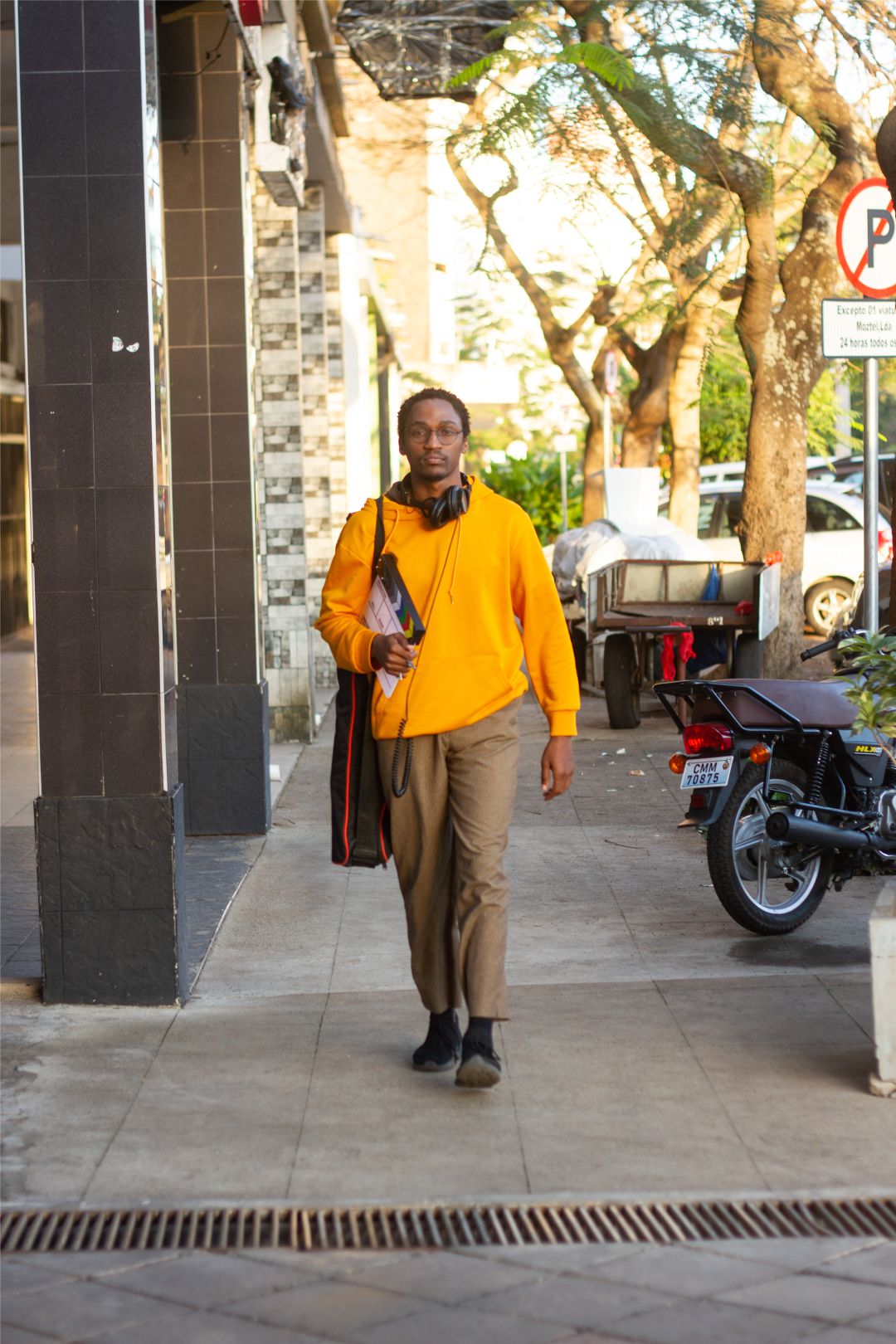
From writing to directing, he thinks about cinema in its entire production arc. A passion fueled in front of the screens to the tune of the VHS tapes brought by his father – the apple doesn’t fall far from the tree – in that Homoíne of Eduardo White’s traumas. Today, Jared Nota is among the new group of filmmakers raising the Afrocinemakers flag. More than location, it’s about identity, and what is made here attests to this. The wider audience may remember Kuga Munu, a series that shed light on the ever-demonized African tradition. But there are several shorts waiting to be played on platforms such as NetKanema and YouTube.
Advertising
Your taste for cinema started in childhood. Was that where your talent for directing came from?
My father was addicted to movies. But if I had ever said that I wanted to be a director, I would have been immediately disinherited and lost my goats, which were later stolen, but that’s a story for another day.
Before Kuga Munu I would have said that I don’t like directing. What I really like is writing, but writing is rewriting and directing is the ultimate writing in this visual medium.
I direct because I’m afraid of the risk that what I write will be misinterpreted from the page to the screen. There’s nothing special about this fear, because every screenwriter has it. In fact, I like all the creative and technical aspects of filmmaking, from writing to editing.
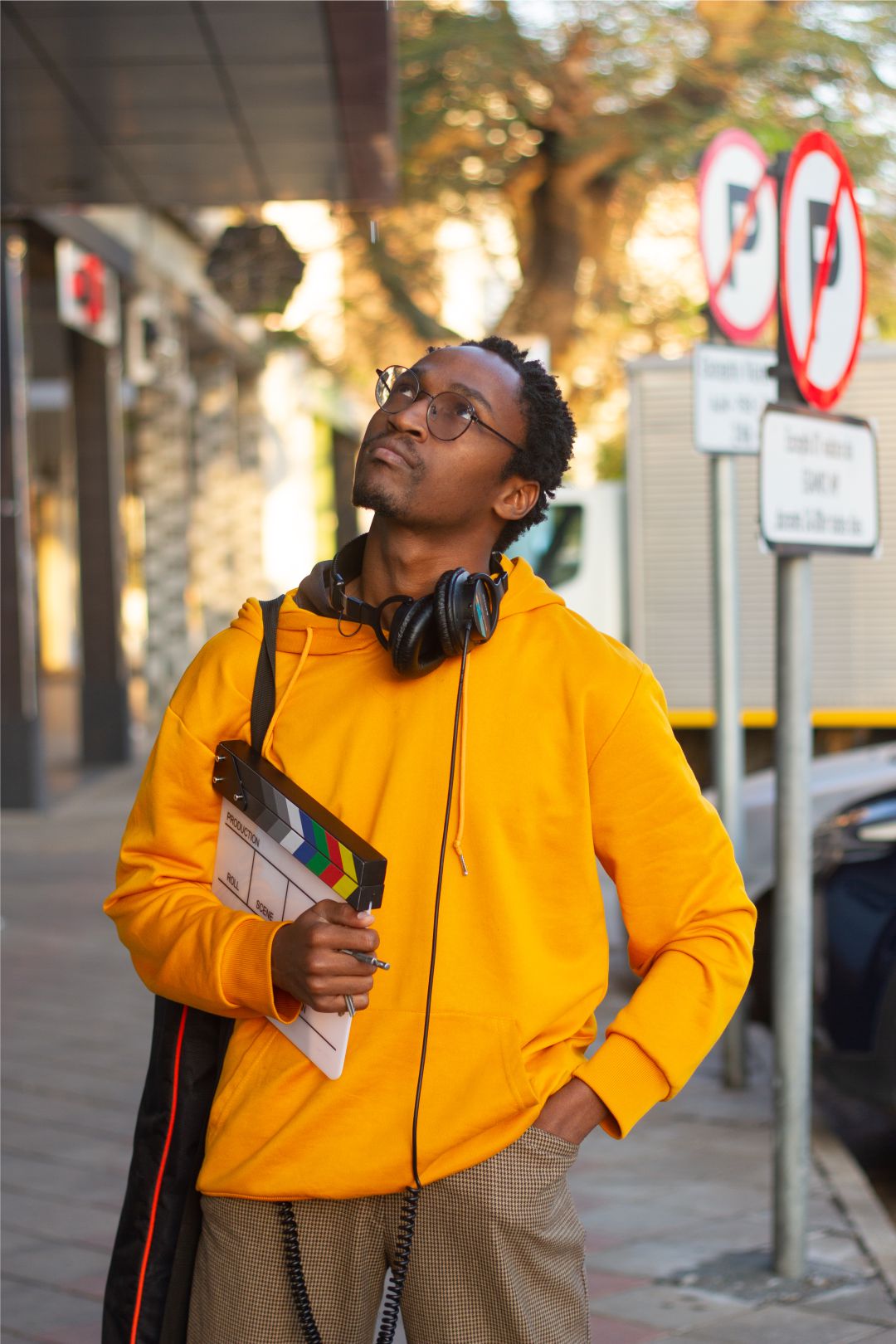
You are part of a new generation of filmmakers. What stories do new filmmakers have to tell?
We can make authentically African films and make our culture and identity flourish and implicitly deprogram ourselves from what we consume from others. The direct or indirect consumption of anything that does not belong to us is propaganda, from language to pronouns. Just as many films have been made to make us Africans less hostile to homosexuality, or to our colonizers, or even to ‘prove’ to us that Jesus is ‘Caucasian’, we can also follow this path with our culture.
‘‘Kuga Munu’’ was your debut, as a director, for a wider audience. It’s a series that sheds light on what is hidden in African tradition. Do you feel that you were understood?
I was deceived by myself, by the limits of my ability to measure what the audience wants and what I want. ‘‘Kuga Munu’’ mixed intellectual aspects with banal ones, because we Africans easily accept that others, who speak the language of others and live on the other side of the ocean, are immensely more intelligent and we accept that they study their beliefs, and follow monsters from their culture’s folklore, but when this combination comes from one of us it does not give such a “suspension of disbelief”. As long as projects like Kuga Munu are the exception and not the rule of African films and series, it will still be common to hear what a lady at the market told me, when I asked her if she watched ‘‘Kuga Munu’’. “Oh, that soap opera where they speak Changana? My grandchildren watch it. But why don’t they speak Portuguese? Is it hard for them to speak Portuguese?” she asked in Changana.
And did this make you want to give up on that path?
‘‘Kuga Munu’’ didn’t make me give up on telling more of our own stories. In fact, it increased that passion and desire within me. I just have to find a way to trick that lady into watching a film entirely in her language, with intelligent and cultured people, without her complaining. Then I’ll attack the TikTok kids and 10 years later, projects like ‘‘Kuga Munu’’ will be clichés, the rule, and not the exception.
We feel a different Jared from the one in independent shorts and on television. Do the formats shape your language?
In short films, I owe it to no one but myself. On television, I tried to mix myself and others and I made ‘‘Kuga Munu’’. After that, when I was the ShowRunner for ‘‘Ex-amicíssimas’’, I made sure that the series would please not me, but the audience. As a screenwriter, I can detach myself from the script, write what will please the most people, a populist writing style, and that’s how I’ve been working. It’s my job as a professional, to get my hands dirty and bring out a great result. If that’s not the case, if all you seek in your work is pleasure, then don’t deny it when they say that your work isn’t real.
AFROCINEMAKERS – where does this need for “Africa” in the name come from?
It was the only name that came to mind when I realized that I had to give a name to the thing I was doing, to the movement of bringing young people to make films, to what later became a film incubator, to what is now an audiovisual production company, to what could become a studio, to what will one day grow and become bigger than any television and production company in the country, I hope, to what will one day be global, but will never forget to be African.
Edição 84 SET/OUT| Download.
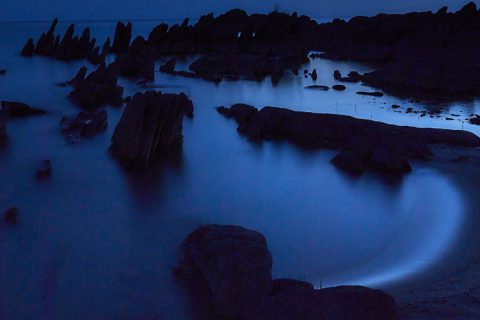




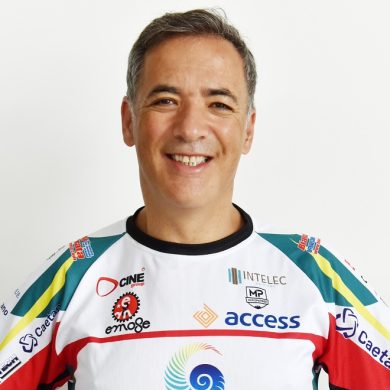
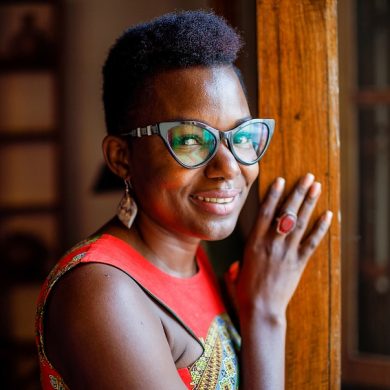
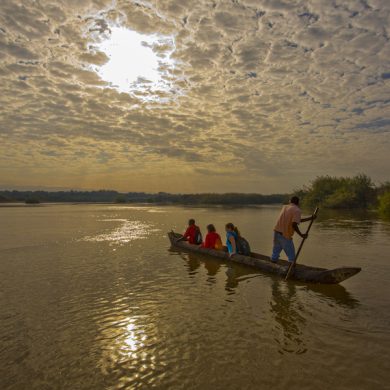
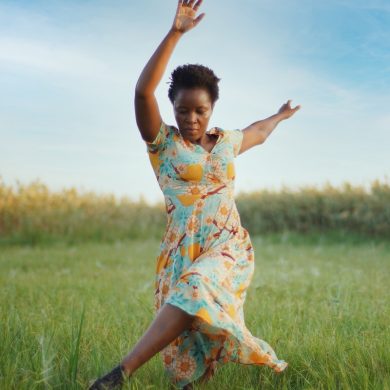
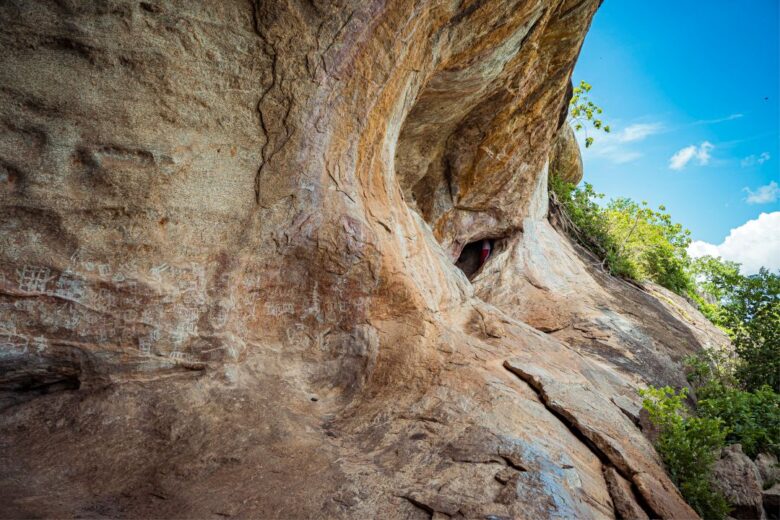










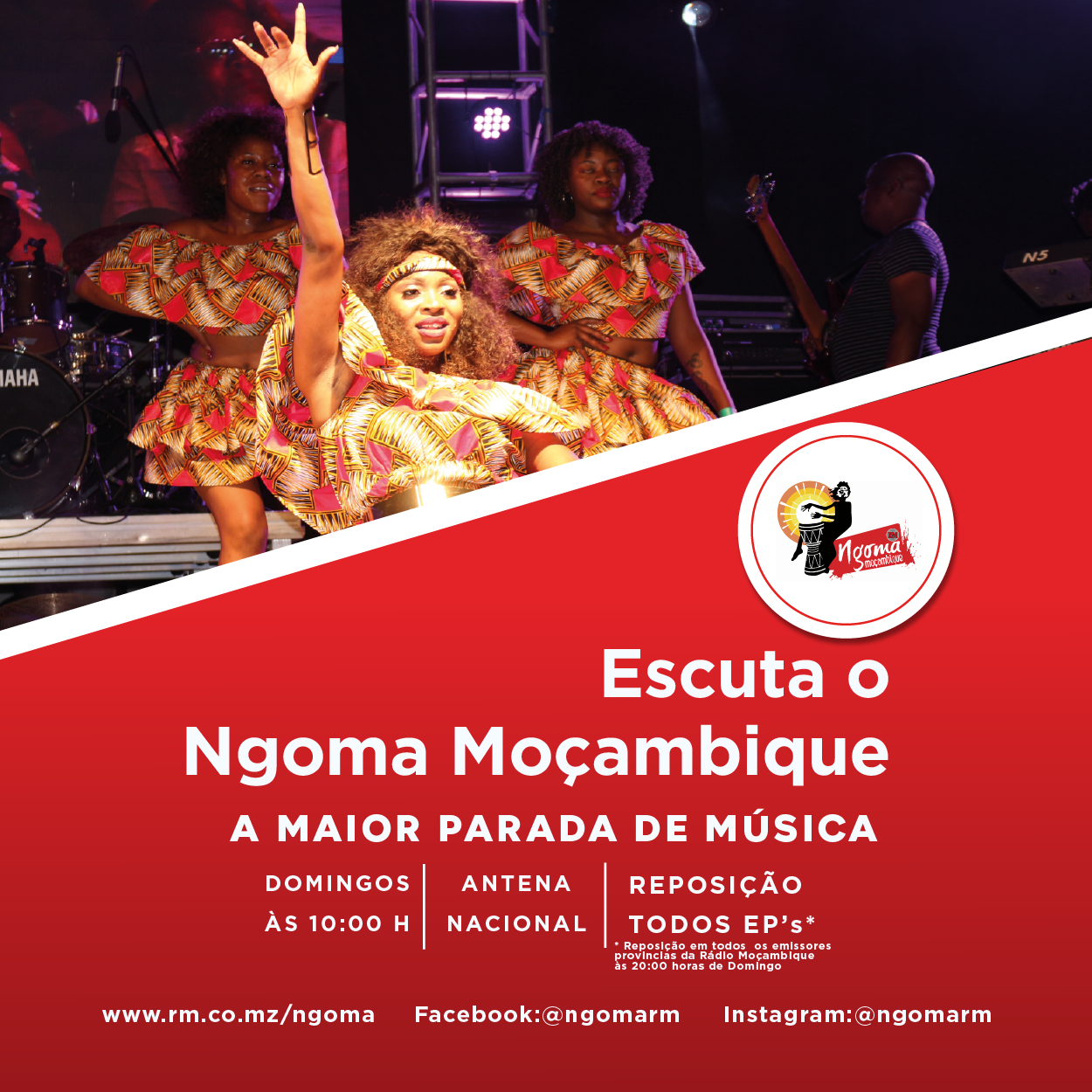
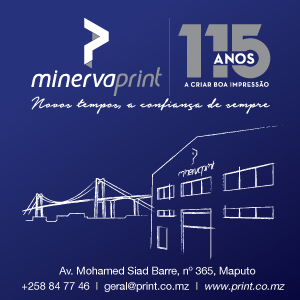





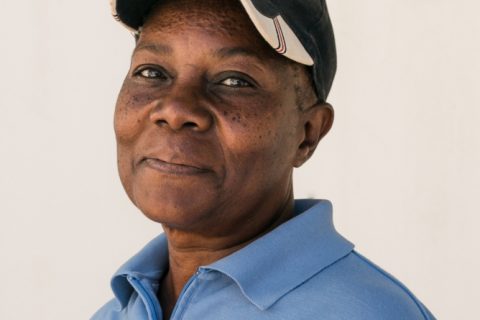
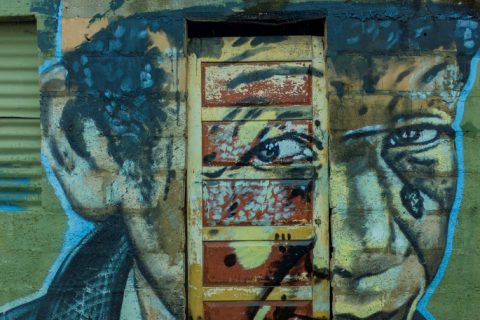
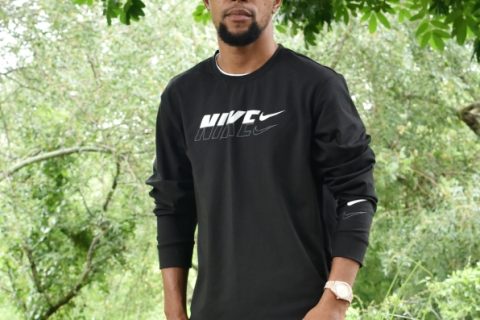
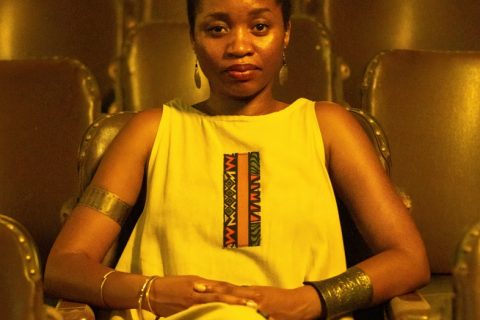
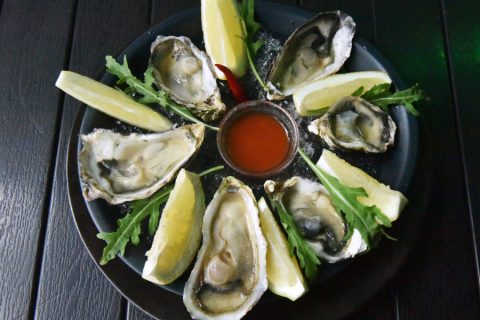
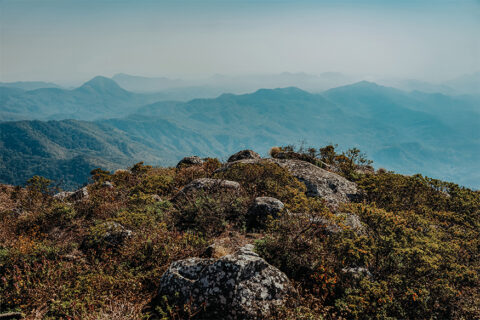
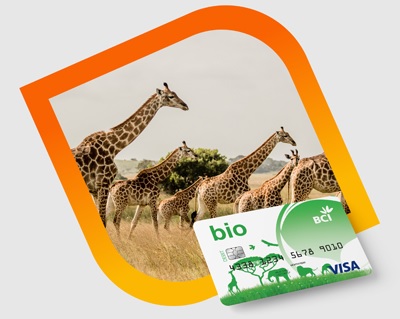

0 Comments